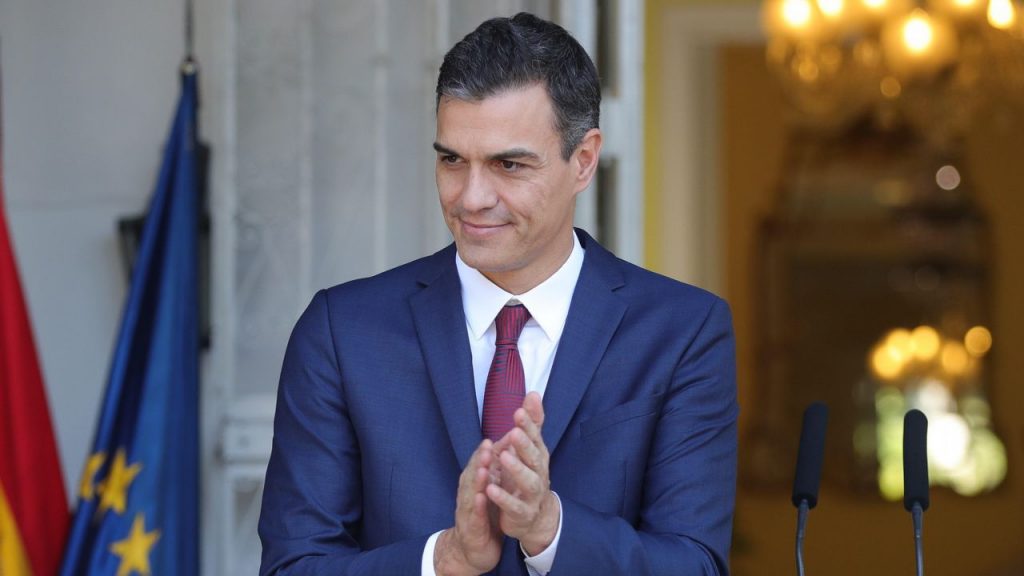Protests organised by some of Spain’s leading right wing parties attracted almost 45,000 people standing against the Spanish Prime Minister’s decision to hold negotiations with Catalan Separatists. With only days before the controversial trial of a number of separatist leaders, will the Spanish Government be able to calm swelling criticism before tensions rise?
Prime Minister, Pedro Sanchez, made clear after his election in the Summer of 2018 that one of his priorities would be to hold negotiatory talks with Catalan Separatists. These promises have now been put into fruition following a proposed framework by Sanchez. Whilst it was rejected by the Catalan parties on the grounds that it did not include an independence referendum, the unpopularity of these talks is most evident from the Sunday protests, attracting an estimated 45,000 Spanish attendees calling for a united Spain and an early election.

With the protesters accusing Sanchez of treason, and the centre-right Popular Party (the PP) joining far right calls for the 2020 elections to be pushed forward, the government’s position as a minority government is being increasingly threatened with the rise in popularity of opposition parties. The ruling power of Sanchez relies on the support of other Spanish parties, and with a key vote surrounding 2019 budget proposals in just 48 hours, it is unclear how the Sanchez government will be able to complete a full term in the midst of a growing political crisis if the budget is not approved. The rejected talks were proposed on the basis that they would act to secure the Catalan parties vote for the budget proposal; Whilst this further undermines Sanchez, it is a move that benefits the PP, Ciudadanos, and Vox, the parties most represented at the protest. Polls show that the three parties would win a majority in a general election and thus gives them the political power to legitimately overthrow Sanchez if an early election was to be called.
Tensions are further catalysed by the trial of twelve key separatist leaders, under a main charge of rebellion, which starts tomorrow (Wednesday). Charged in relation to their role in the 2017 failed Catalan Independence elections, many are dubbing this the “trial of the century”. Whilst former Catalan President, Carles Puigdemont, has fled to avoid charges, the defendants include Vice President Junqueras, and Catalan Minister of Interior Joaquim Forn. With a combined time of 200 years being at stake if given the maximum sentence, the trial threatens to cause vast unrest and demonstrations across the Catalan population – if the twelve are found guilty.
This week will be a hugely decisive week for the future of Catalonia and the stability of Sanchez’s government. Not only does the trial of Catalonian key figures significantly increase tensions, but the Prime Minister’s growing unpopularity amongst the Spanish population threatens an early snap election if the 2019 Budget proposals are not met with enough support. The long running political crisis shows no signs of improvement, but instead is made increasingly complex by internal turmoil and disagreements between the leading Spanish political parties.


